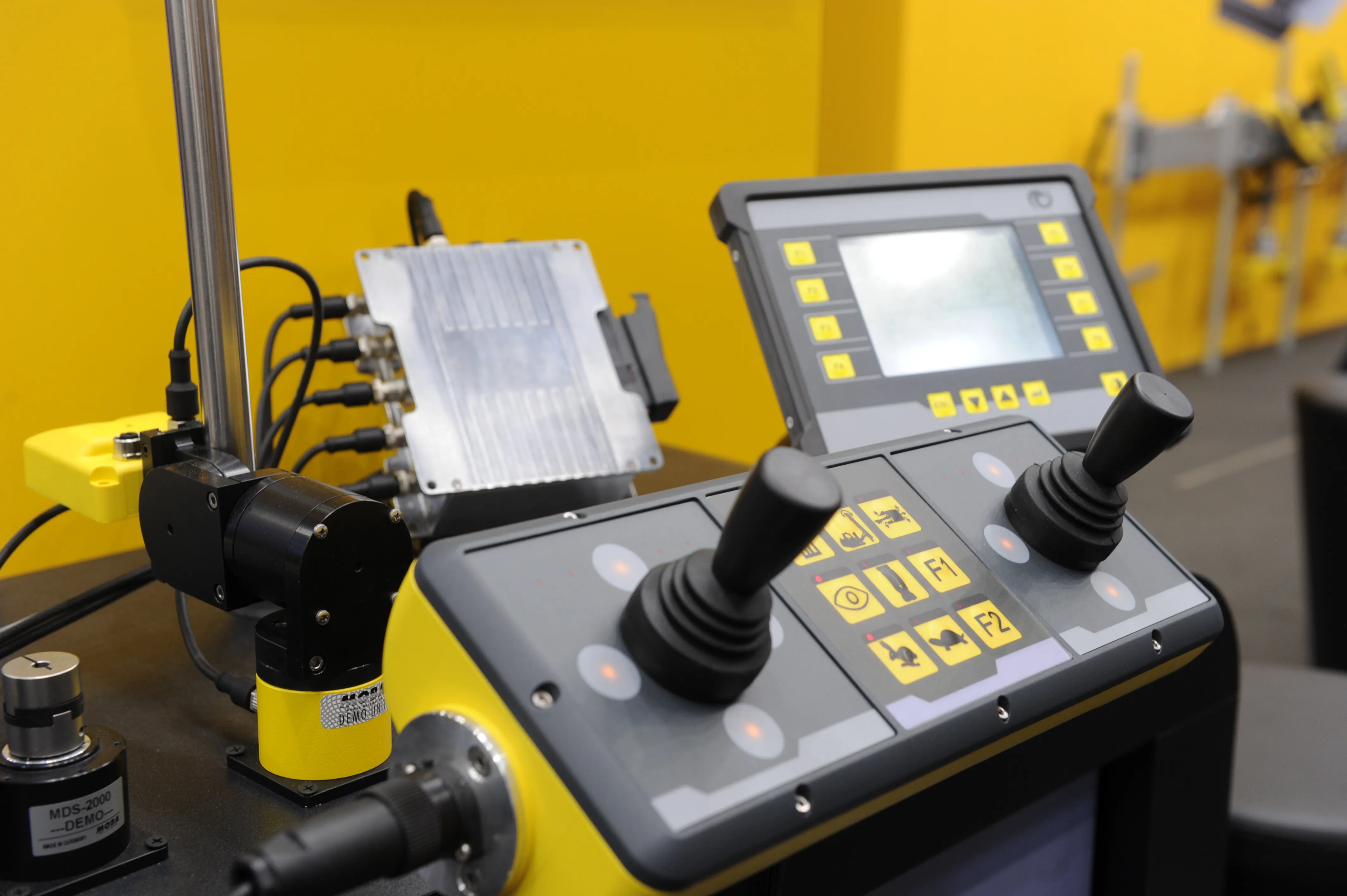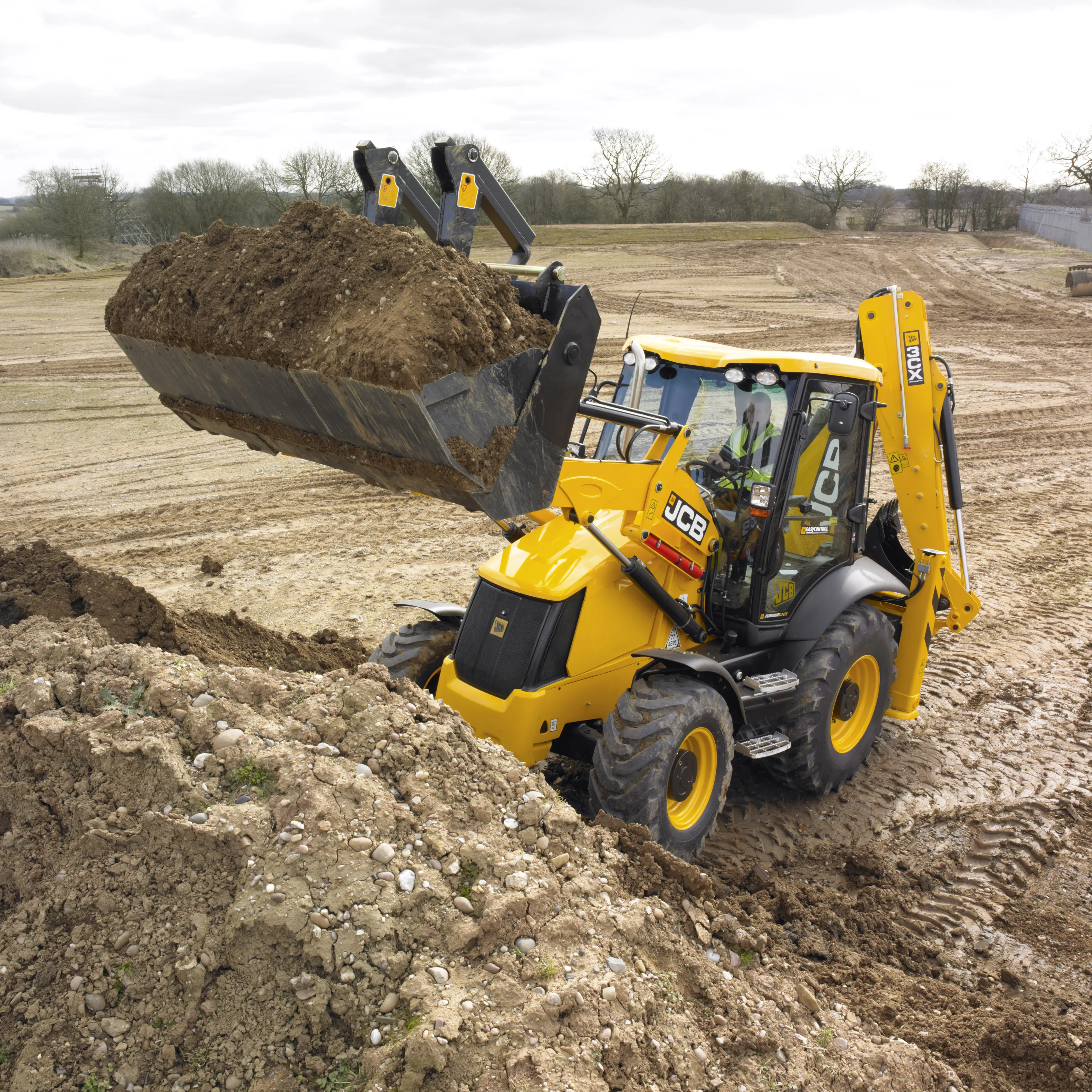A new report from the UK highlights that utilising warm mix asphalt (WMA) can help cut CO2 emissions. The All-Party Parliamentary Group on Highways has issued a report highlighting how the use of WMA can reduce carbon emissions and improve efficiencies on highways projects.
WMAs are manufactured and laid at lower temperatures than traditional asphalts, using less energy and delivering carbon savings without compromising performance. Their use can reduce CO2 emissions associated with asphalt production for road maintenance and construction projects by around 15%, depending on product and plant.
The use of WMAs also improves conditions, as less time is needed to cool the newly laid surface to the temperatures that allow traffic to commence. This means that carriageways can be re-opened earlier, minimising disruption for road users. WMA already accounts for around 40% of production in the USA and over 15% in France, yet remains under-utilised in the UK, where it represents less than 4% of asphalt production.
Sir Christopher Chope OBE MP, chairman, APPG on Highways, said: “Everyone has a part to play in tackling environmental issues for future generations and the majority of UK councils have already declared ‘climate emergencies’1 . This report aims to encourage those authorities which have responsibility for highways to put their support for environmental measures into practice without delay.”
For contractors and clients alike, WMA offers an important solution as it allows for improved productivity, with crews able to lay more material in a single shift and still open to traffic on time. This can cut overall construction time, reduce traffic disruption for users, lower site costs, improve safety for site personnel and minimise fuel usage during production and construction.
Rick Green, Chair of the
Richard Hayes, Institute of Highway Engineers (IHE) chief executive, said: “The use of Warm Mix Asphalts within the United Kingdom will significantly support the reduction in the carbon footprint of road surfacing. However, this is not the only benefit as WMA allows the new surface to the returned to traffic use much earlier thus reducing delays – a benefit that will be well-received by road users.”
The full report ‘Working for better roads – Warm Mix Asphalt: reducing carbon emissions and improving efficiencies’. It is available to download from the Highways APPG website %$Linker:









